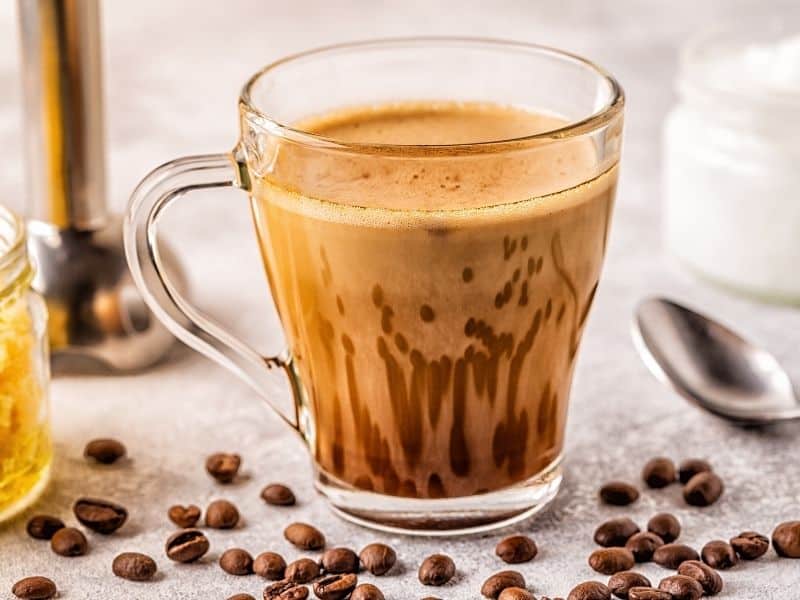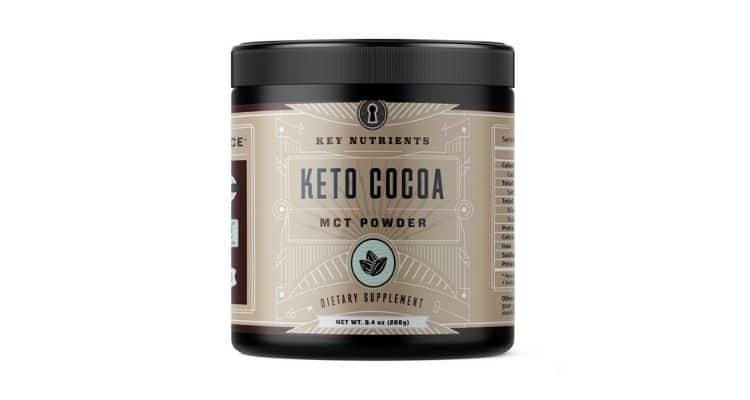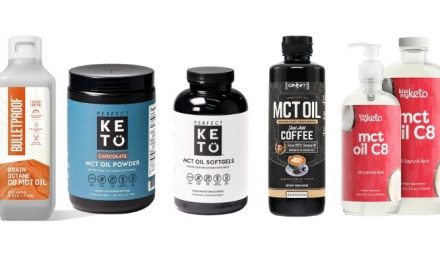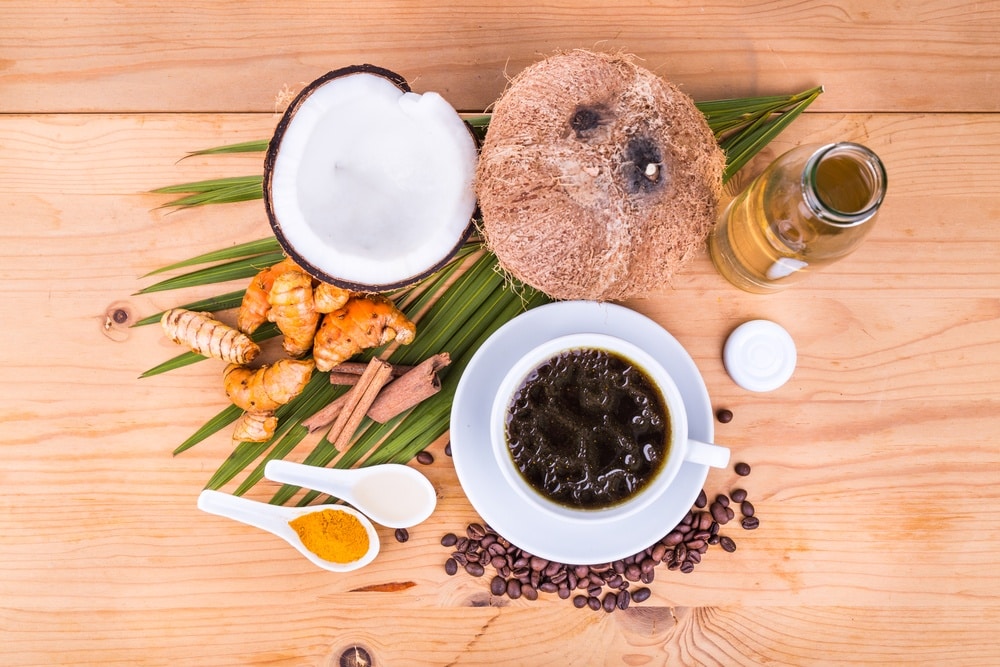MCT (Medium Chain Triglycerides) oil has a lot of advantages which includes improving satiety, decreasing food consumption, and thus leading to loss of weight. Nevertheless, there are some MCT oil side effects that may be experienced, such as nausea, diarrhea and gastrointestinal upsets.
MCT Oil Side Effects – Nausea & Diarrhea
One of the major MCT oil side effects is that it causes gastrointestinal issues when used on a stomach that is empty of food. This causes nausea, stomach upsets and diarrhea in particular. You may also experience headaches and dizziness, however, this is more likely related to symptoms of the keto flu than MCT oil.
For most individuals, nausea, diarrhea and stomach upsets isn’t a problem, especially if you introduce MCT oil into your diet in a small quantity at first.
Recommended Solutions for Gastrointestinal Upset with MCT Oil

Emulsify into Your Coffee
Rather than starting with a tablespoon of MCT oil (generally the recommended dosage per serving), start with a teaspoon instead. Work your way up to one tablespoon. Don’t take more than 4 tablespoons of MCT oil per day in total.
Using an emulsion blender, emulsify the MCT oil into your coffee before drinking.
As oil and water do not mix, if you don’t emulsify your coffee the oil will float to the top. You will then be consuming a more concentrated sip of MCT oil, which could upset your stomach.
Try MCT Powder Instead of Oil
MCT Oil is readily available in a powdered form and great for mixing into smoothies or keto baking recipes. MCT powder tends to leave a creamier texture rather than an oily one and is often mixed with a fiber supplement such as acacia fiber for binding purposes.
A great choice for beginners to the keto diet is key nutrients keto cocoa. With 8 grams of MCT oil per serving, it is more gentle on the stomach than MCT powders with higher dosages, or pure MCT oil.
Start With a Mixture of C8 and C10 MCT Oil
There are 4 medium chain triglycerides that can make up MCT Oil. They are:
- C6 (Caproic Acid)
- C8 (Caprylic Acid)
- C10 (Capric Acid)
- C12 (Lauric Acid)
Generally, C6 MCT Oil is removed during processing, as the taste and smell are very unpleasant. C12 has a longer carbon chain (12 carbons) and this will take more work from your body to process. You will find C12 in coconut oil, but it is often removed from MCT oil.
Higher quality MCT oils are generally C8 only, or a mixture of C8 and C10.
C8 is the shortest medium chain triglyceride and when studied in rats, showed a slightly faster absorption time.
If you are suffering from nausea or diarrhea from MCT Oil, take a look at the percentage of C8 and C10 oils in the mix.
Switching to an MCT Oil with a higher percentage of capric acid (C10) may help slow down the transportation into the liver via the portal vein and therefore reduce the gastrointestinal effect.
This is only my theory however, and not scientifically proven.
Weight Gain Using MCT Oil

Even though MCT oil is readily absorbed by the liver and processed differently in the body than longer chain triglycerides, if you consume large quantities of MCT Oil without monitoring your eating, you may gain weight.
A tablespoon of MCT oil has 14 grams of fat and 115 calories. If your fat intake recommendation is 130 grams per day and calorie intake 1700 (for example), consuming 4 tablespoons of MCT oil is over 1/3 of your daily fat allowance.
Add on some cream cheese fat bombs or a meal with a cream based sauce and you could very easily put on weight rather than losing.
Tracking what you eat is important on the keto diet. Just because it is a higher fat diet, doesn’t mean you can eat excessive amounts of calories and still lose weight. You need to factor in your fats, as well as your protein and carbs to maintain a balance.
One of my favorite ways to do this is following the custom keto diet plans found here.
MCT Oil May Increase LDL Cholesterol Levels
Current studies and clinical trials of MCT oil shows it may help to lower LDL/HDL ratios. But not in every person. Some people can be sensitive to MCT oil and it has the opposite effect on their LDL cholesterol levels.
It is important to have a blood test prior to starting on MCT Oil to determine where your levels are, so your Doctor can monitor any changes over time.
MCT Oil has the Potential to Trigger an Allergy
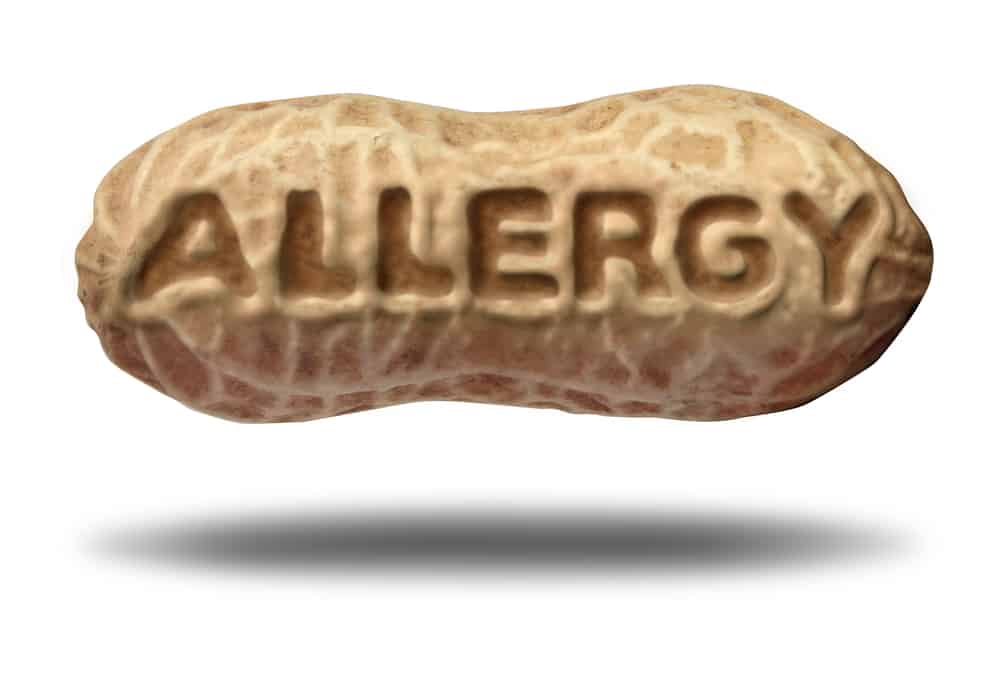
This has only been established in studies on mice, and to my knowledge, no human trials have been undertaken yet. It is worthwhile mentioning however, that animal testing with MCT oil has associated a potential food allergy between MCT Oil use and peanut protein, when studied in mice.
Concurrent use of MCT Oil and peanut protein in mice caused an anaphylactic reaction.
If you suffer from food allergies, skin allergies or asthma, please keep this in mind if considering using MCT Oil.
Recap – How to use MCT Oil Correctly To Not Have Side Effects
- Start with a small dose – try a teaspoon first, mixed with food or drinks and gradually build up to a higher dosage. Alternatively, try a powder rather than liquid oil.
- As coffee is a natural laxative, adding MCT oil to strong coffee may cause diarrhea. Try mixing the MCT oil into a keto shake or smoothie instead.
- Have blood tests prior to starting MCT oil. Then you have a base to monitor your levels against.
- If you are prone to asthma or allergies, introduce MCT oil with foods you are familiar with and monitor for any reactions.
- Don’t overdo it. Track your food and use an app such as the custom keto diet plans.
What is the Best MCT Oil?
Flavorless and odorless, Bulletproof Brain Octane Oil is our favorite MCT Oil here at Shortcut Keto.
Perfect Keto also make an excellent 100% C8 MCT Oil, MCT Oil Softgel Capsules and MCT Oil Powder. Click on the images below – and don’t forget to use the code APERFECT15 for 15% OFF your entire Perfect Keto order!

